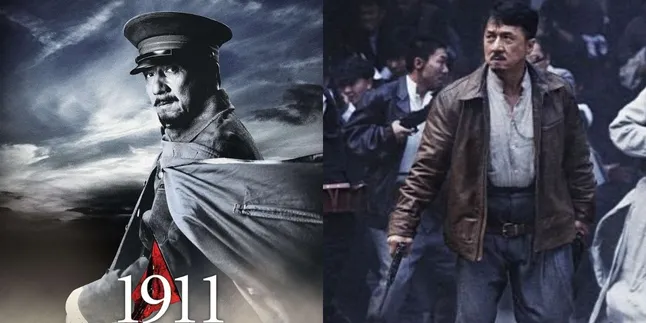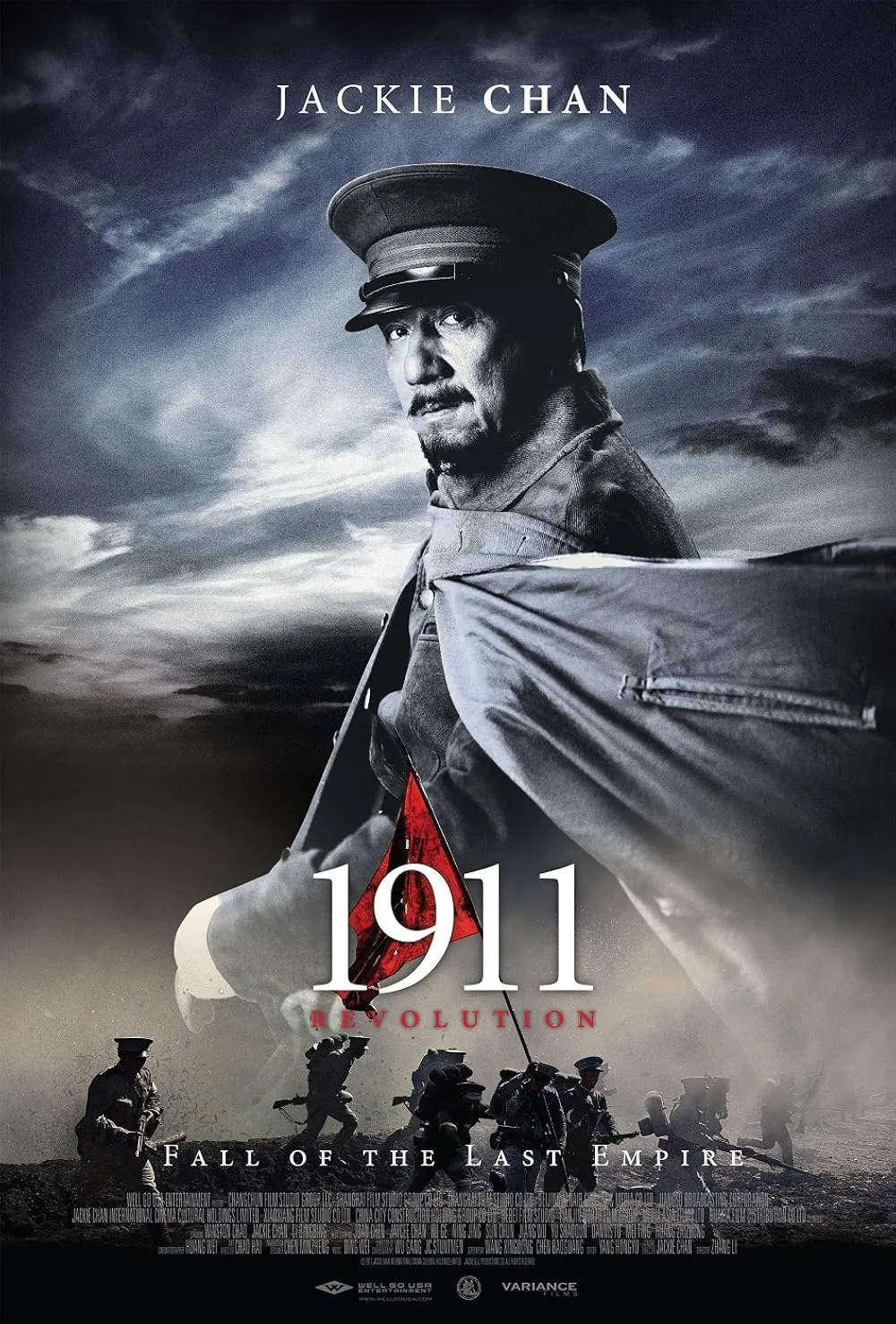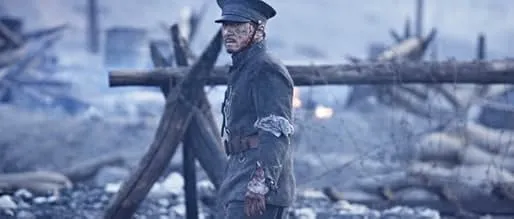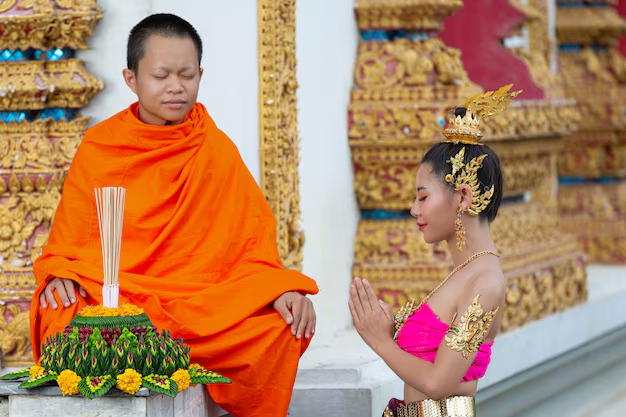Though the television premiere has passed, 1911: Revolution remains as relevant today as when it first graced screens. Jackie Chan’s tour-de-force portrayal of China’s transition from imperial dynasty to modern republic continues to captivate audiences worldwide, now available across major streaming platforms.
This isn’t merely historical reenactment – it’s a living, breathing immersion into the passions and sacrifices that forged a nation. The film’s recent broadcast on July 25th sparked renewed discussions about how revolutionary ideals continue to shape contemporary China.
Why This Film Demands Your Attention Now:
-
Historical urgency: As global tensions rise, understanding China’s foundational moment becomes crucial
-
Cinematic achievement: Jackie Chan’s 100th film represents his most dramatically nuanced performance
-
Educational value: Schools are increasingly incorporating the film into modern history curricula
For those who missed the premiere, streaming services offer the perfect opportunity to experience:
✔ The breathtaking Battle of Yangxia in 4K resolution
✔ Jackie Chan’s director’s commentary on revolutionary tactics
✔ Previously unseen deleted scenes featuring Sun Yat-sen’s exile
“More than a movie, it’s a mirror showing how revolutions are never truly over.” – South China Morning Post
The Revolution Continues… On Your Screen
While the television event has passed, the conversation continues. Historical societies are organizing online watch parties, and universities are hosting virtual panels analyzing the film’s accuracy.
Special Features to Explore:
-
The making-of documentary: “Shooting History”
-
Interactive timeline comparing film events with historical records
-
Jackie Chan’s personal video diary from the set
1. A Stellar Cast Brings History to Life
Jackie Chan delivers a career-defining performance as Huang Xing, the military strategist whose tactics fueled the uprising. The ensemble reads like a who’s-who of Asian cinema:
-
Winston Chao as Sun Yat-sen, the revolutionary visionary
-
Li Bingbing as Xu Zonghan, embodying women’s crucial role in the movement
-
Joan Chen as Empress Dowager Longyu, fighting to preserve a crumbling dynasty
-
Jaycee Chan making his debut alongside father Jackie in poignant battlefield scenes
2. More Than Battles: The Human Cost of Revolution
While the film showcases spectacular battle sequences (including the pivotal Wuchang Uprising), its true power lies in intimate moments:
-
A mother weeping over her son’s revolutionary manifesto
-
Peasants trading farming tools for rifles
-
Sun Yat-sen’s desperate fundraising abroad
The cinematography alternates between gritty battlefield close-ups and sweeping vistas of a nation in turmoil.
3. Jackie Chan’s Passion Project
This film marks Chan’s 100th cinematic appearance, and his dedication shows:
-
Served as co-director and executive producer
-
Performed his own stunts despite playing a 40-year-old revolutionary
-
Personally oversaw historical accuracy, consulting descendants of revolutionaries
“This isn’t just entertainment – it’s our national memory,” Chan stated at the 2011 premiere.
4. Production Worthy of History
The $30 million production spared no expense:
-
10,000+ extras in the Battle of Yangxia recreation
-
72 exact replicas of revolutionary martyrs’ uniforms
-
Filming at actual historical sites including Wuhan and Nanjing
5. Critical Reception: Education vs Entertainment
While praised for its:
✅ Historical accuracy
✅ Production values
✅ Jackie Chan’s dramatic range
The film faced criticism for:
❌ Pacing issues (2-hour runtime covers 5 turbulent years)
❌ Complex political nuances that confuse international viewers
Rotten Tomatoes’ 8% score contrasts sharply with its 92% audience approval in China – highlighting cultural differences in historical storytelling.
Why This Matters Today
As China commemorates the revolution’s 114th anniversary, the film’s themes resonate:
-
How ordinary people change history
-
The price of modernization
-
National identity in turbulent times
Don’t miss this cinematic event – whether you’re a history buff, Jackie Chan fan, or simply appreciate epic storytelling.
“The revolution isn’t just in our textbooks – it’s in our blood.” – Huang Xing’s pivotal line in the film
Bonus FAQ:
Q: Is this appropriate for children?
A: The realistic war scenes make it best for teens and up.
Q: Will there be English subtitles?
A: Check your local broadcaster – most international airings include subtitles.
Q: How accurate is the history?
A: While condensed, major events are meticulously researched.
Pro Tip: Enhance your viewing by reading Sun Yat-sen’s Three Principles of the People beforehan
By Giostanovlatto







